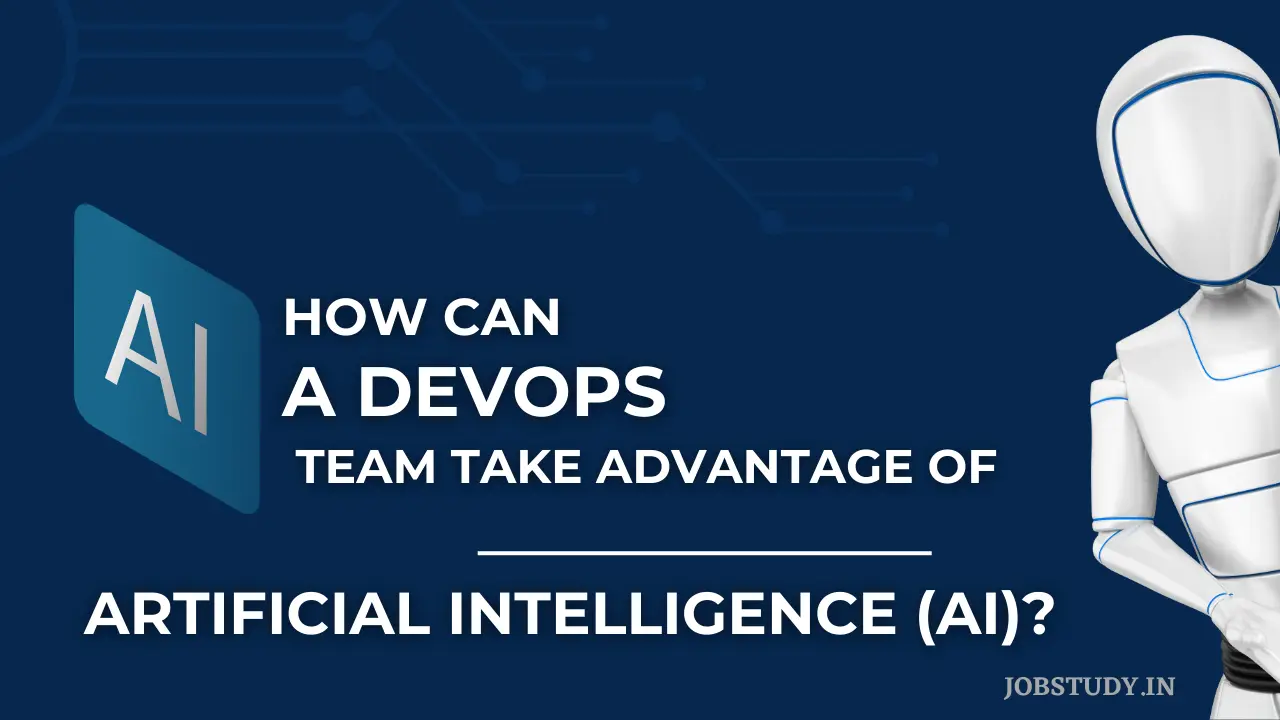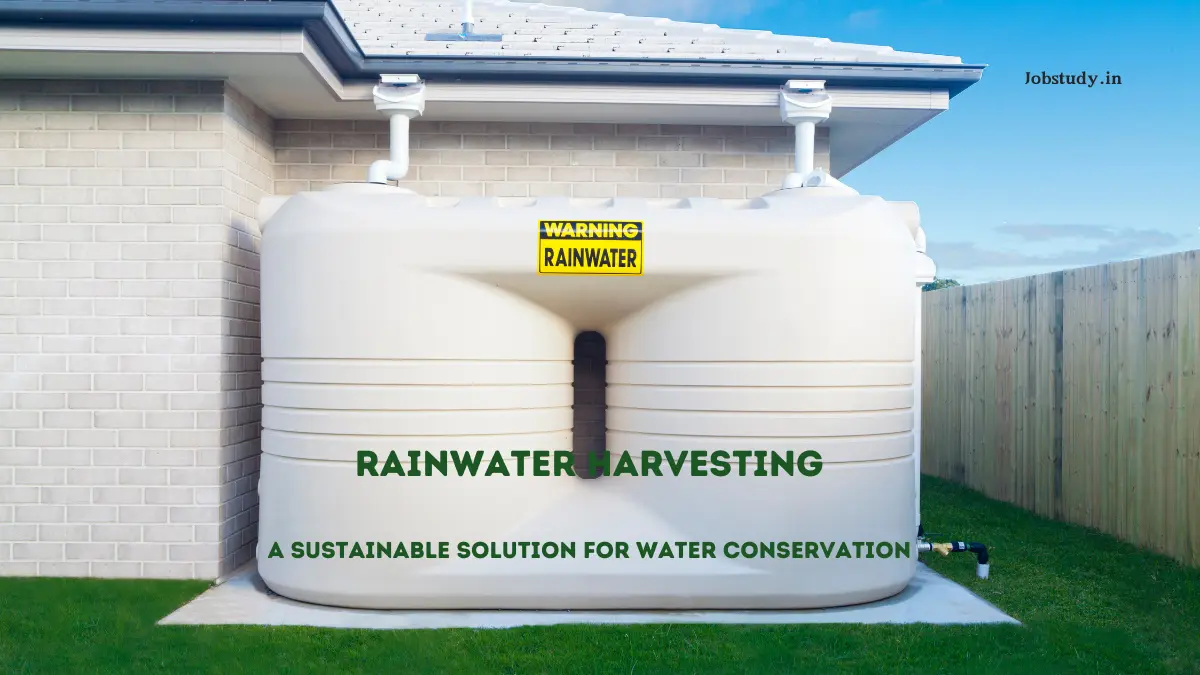As technology continues to advance, the use of artificial intelligence (AI) has become increasingly prevalent across industries. DevOps teams have also begun to explore the benefits of using AI in their work. In this article, we will explore how a DevOps team can take advantage of AI to improve their operations and increase efficiency.
DevOps is an approach to software development that emphasizes collaboration and communication between development and operations teams. DevOps aims to improve the speed, quality, and reliability of software delivery through automation, continuous integration and delivery, and agile methodologies. AI, on the other hand, is the development of computer systems that can perform tasks that typically require human intelligence, such as learning, reasoning, and problem-solving.
While AI and DevOps are distinct concepts, they can be used together to improve software delivery and operations. In the next section, we will explore what AI is and how it can benefit DevOps teams.
Understanding Artificial Intelligence (AI)
AI is a broad field that encompasses many different technologies, including machine learning, natural language processing, and computer vision. At its core, AI is about creating intelligent machines that can perform tasks that would typically require human intelligence.
Machine learning, in particular, has become increasingly popular in recent years. Machine learning algorithms can learn from data, identify patterns, and make predictions based on that data. This technology has many practical applications, including fraud detection, recommendation systems, and predictive maintenance.
How AI Can Benefit DevOps Teams
DevOps teams can benefit from using AI in several ways. Firstly, AI can automate many of the repetitive tasks that are involved in software development and operations. This automation can help to reduce errors and improve the efficiency of the team.
Secondly, AI can help DevOps teams to identify and resolve issues more quickly. For example, machine learning algorithms can analyze log files and identify patterns that indicate a problem. This can help the team to identify the root cause of an issue more quickly and resolve it before it causes any significant downtime.
Finally, AI can help DevOps teams to optimize their processes. By analyzing data from various sources, such as performance metrics and user feedback, AI can identify areas where improvements can be made. This can help the team to continuously improve their processes and deliver better software.
Using AI in DevOps Processes
There are several areas in which AI can be used in DevOps processes. In this section, we will explore some of the most common use cases.
Continuous Integration and Deployment (CI/CD)
Continuous integration and deployment are critical components of DevOps. They involve automating the building, testing, and deployment of software. AI can be used to improve these processes by identifying issues and optimizing the workflow.
For example, machine learning algorithms can analyze code changes and predict the likelihood of a build failure. This can help the team to identify potential issues before they occur and take corrective action. Additionally, AI can help to optimize the CI/CD workflow by identifying bottlenecks and suggesting improvements.
Monitoring and Alerting
Monitoring and alerting are essential for ensuring the reliability and availability of software. AI can be used to analyze metrics from various sources, such as log files and performance metrics, and alert the team when an issue is detected.
For example, machine learning algorithms can analyze log files and detect anomalies that could indicate a problem. This can help the team to identify issues before they become critical and take corrective action.
AI can also help to reduce false positives in monitoring and alerting. By analyzing data from multiple sources, AI can identify patterns that indicate an actual problem, rather than just noise. This can help to reduce alert fatigue and ensure that the team is only notified when there is a real issue that requires their attention.
Performance Testing
Performance testing is another critical component of DevOps. It involves testing the performance of software under different conditions to ensure that it can handle the expected workload. AI can be used to automate this process and identify issues more quickly.
For example, machine learning algorithms can analyze performance metrics and identify patterns that indicate a performance issue. This can help the team to identify the root cause of the issue more quickly and take corrective action. Additionally, AI can help to optimize performance testing by identifying the most critical scenarios to test and suggesting improvements.
Check Also
Challenges with AI in DevOps
While there are many benefits to using AI in DevOps, there are also some challenges that must be addressed. One of the biggest challenges is the complexity of AI systems. Machine learning algorithms can be challenging to understand and debug, which can make it difficult to identify issues when they occur.
Another challenge is the lack of data. Machine learning algorithms require large amounts of data to train effectively. If there is not enough data available, the algorithm may not be able to learn effectively, which can result in poor performance.
Finally, there is the challenge of integration. AI systems must be integrated with existing DevOps tools and processes, which can be complex and time-consuming.
Best Practices for Using AI in DevOps
To overcome these challenges, there are several best practices that DevOps teams can follow when using AI:
- Start small: Begin by experimenting with AI in a small area of the DevOps process. This can help to identify potential issues and ensure that the team is comfortable with the technology.
- Use explainable AI: Where possible, use AI systems that are transparent and explainable. This can help to ensure that the team understands how the system works and can identify issues when they occur.
- Collect data: Ensure that there is enough data available to train the AI system effectively. This may involve collecting data from various sources, such as performance metrics and user feedback.
- Integrate with existing tools: Ensure that the AI system is integrated with existing DevOps tools and processes. This can help to ensure that the team can use the system effectively and that there are no unexpected issues.
- Monitor and evaluate: Monitor the performance of the AI system and evaluate its impact on the DevOps process. This can help to identify areas where improvements can be made and ensure that the system is delivering the expected benefits.
Conclusion
AI has the potential to revolutionize DevOps by automating tasks, identifying issues more quickly, and optimizing processes. While there are challenges to using AI in DevOps, following best practices can help to overcome these challenges and ensure that the team can take advantage of the benefits that AI has to offer.
How Can a DevOps Team Take Advantage of Artificial Intelligence (AI)? FAQs
What is DevOps?
DevOps is an approach to software development that emphasizes collaboration and communication between development and operations teams.
What is artificial intelligence (AI)?
AI is the development of computer systems that can perform tasks that typically require human intelligence, such as learning, reasoning, and problem-solving.
How can AI benefit DevOps teams?
AI can benefit DevOps teams by automating tasks, identifying issues more quickly, and optimizing processes.
What are some common use cases for AI in DevOps?
Common use cases for AI in DevOps include continuous integration and deployment, monitoring and alerting, and performance testing.
What are some challenges with using AI in DevOps?
Challenges with using AI in DevOps include the complexity of AI systems, the lack of data, and the challenge of integration with existing tools and processes.
How can DevOps teams overcome these challenges?
DevOps teams can overcome these challenges by starting small, using explainable AI, collecting data, integrating with existing tools, and monitoring and evaluating the performance of the AI system.






